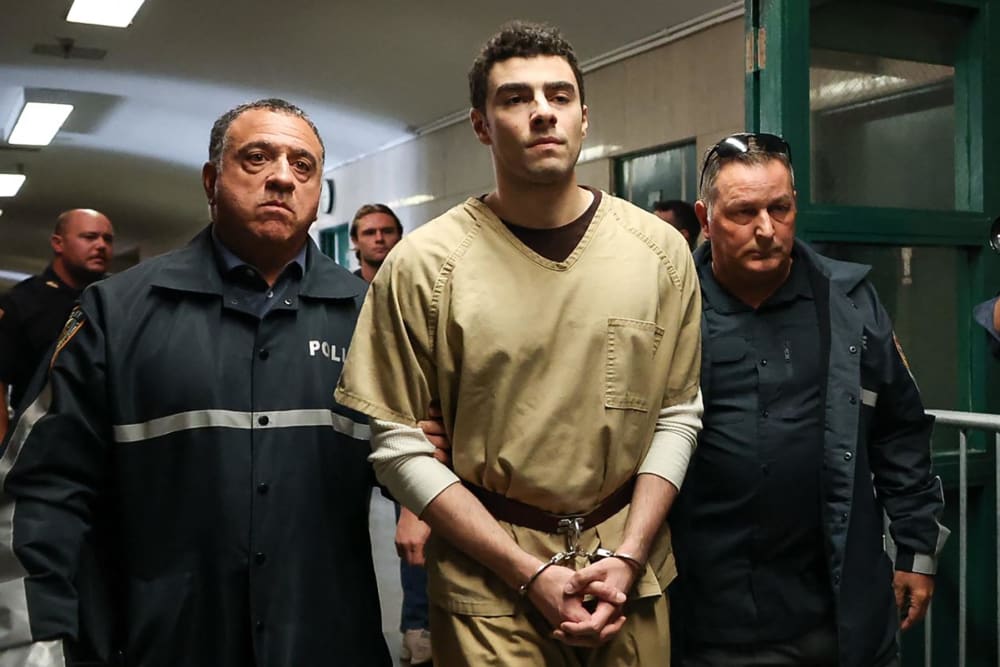Luigi Mangione has gotten two of the murder counts against him dismissed in his New York state case but still faces another one, on top of federal charges that carry the possibility of capital punishment. In the state case, Justice Gregory Carro ruled Tuesday that it was legally insufficient to bring two terrorism-related murder charges but said that remaining charges can go forward, including a count of intentional murder.
So it’s a qualified win for Mangione, 27, that still has him facing the possibility of dying in prison if he is convicted, as he also faces separate federal charges in which prosecutors are seeking the death penalty. Tuesday’s ruling nonetheless cuts against Manhattan District Attorney Alvin Bragg’s case in the way that Bragg sought to shape it, even if the practical consequence of the dismissal could be slight in the end, especially in light of the separate federal case that carries the potential threat of execution. New York’s state system doesn’t have the death penalty, but the federal system does.
Mangione pleaded not guilty to the charges in the fatal shooting of UnitedHealthcare CEO Brian Thompson last year outside a Manhattan hotel. The case grabbed national attention for spotlighting issues of vigilantism and the American health care system.
The new ruling in Mangione’s case comes amid national attention on last week’s fatal shooting of Donald Trump ally Charlie Kirk in Utah.














